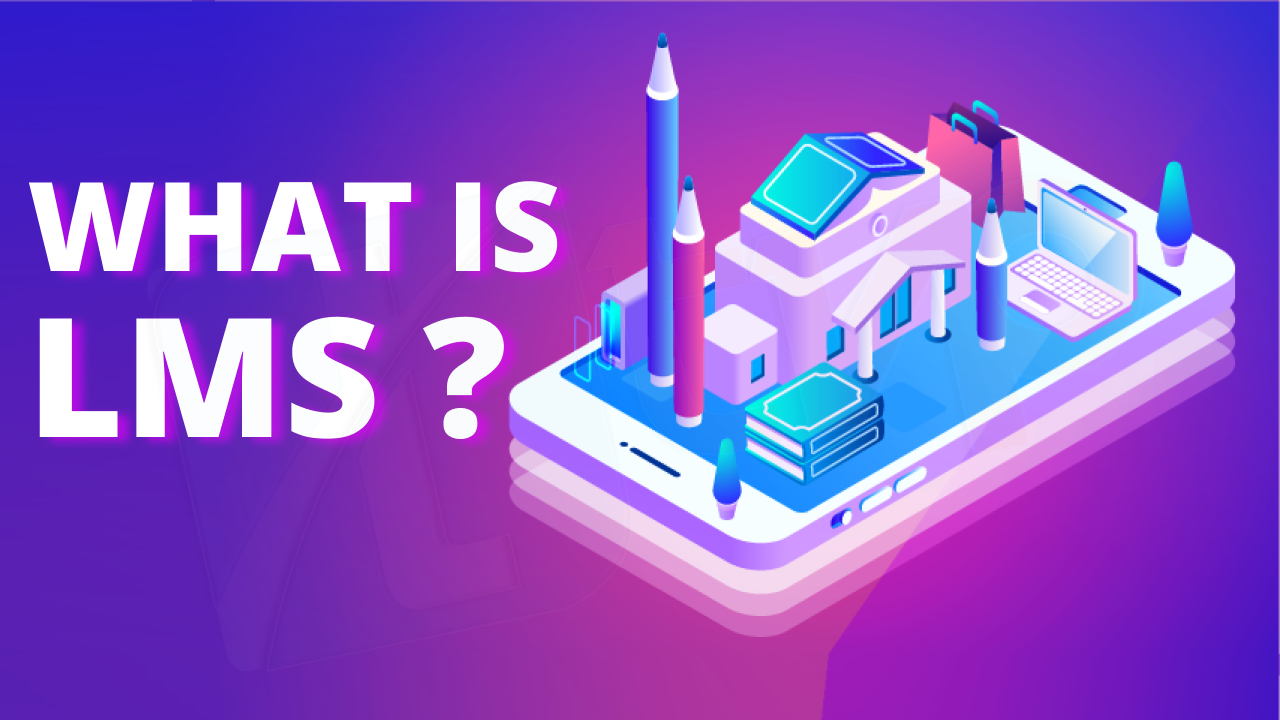What is LMS?
I perceive LMS as the digital counterpart of an entire educational institution, encapsulating its complex processes and functions.

The term "Learning Management System" (LMS) encompasses various names such as course management system, learning content management system, and content management system, creating a landscape of terminology that can be confusing. So, let’s start with answering the basic question - What is LMS?
With over a decade of experience in the industry, I perceive LMS as the digital counterpart of an entire educational institution, encapsulating its complex processes and functions. Almost every process that happens in the real world can be replicated in the digital world within the scope of LMS. Going beyond this introductory understanding, let's explore the essence of an educational institution, which revolves around the transfer of knowledge from teachers to students. This pivotal relationship positions students and faculty as the primary stakeholders, establishing a network that extends to parents and academic management teams, who, in turn, rely on administrative staff. Remarkably, LMS is designed to support and integrate all these key stakeholders.
Now, as we dive deep on an exploration of the multiple dimensions of LMS, it becomes evident that its impact extends far beyond its conventional role.
- One of its primary functions is to streamline communication and collaboration among all. For students, an LMS acts as a centralized hub for accessing course materials, submitting assignments, and engaging with fellow students. At the same time, faculty members utilize the platform to circulate educational content, assess student progress, and facilitate discussions.
- Moreover, LMS serves as a bridge between students and parents, providing a transparent view of academic performance, attendance records, and overall progress. This provides a more informed and engaged educational ecosystem.
- At the academic management end, LMS plays an important role in coordinating and optimizing administrative tasks. From scheduling classes and managing resources to monitoring faculty performance, the system empowers academic management teams to efficiently perform educational operations
- Moving beyond its administrative functionalities, LMS enhances the way content is delivered to students. Through features like online assessments, interactive content delivery, and personalized learning paths, LMS contributes significantly to the evolution of teaching methodologies. The adaptive nature of these platforms ensures that educators can tailor their approaches to cater to diverse learning styles.
- Furthermore, LMS plays a crucial role in promoting continuous professional development within the academic community. By offering a repository of resources, training modules, and collaborative spaces, these systems empower faculty members to stay up to date with the latest educational trends and refine their teaching practices.>
-
Another aspect of LMS is its contribution to data-driven decision-making. The system generates insightful analytics on student performance, engagement levels, and learning patterns. Academic institutions can leverage this data to identify areas for improvement, assess the efficacy of teaching methodologies, and implement targeted plans to enhance overall educational outcomes
-
As technology continues to advance, the scope of LMS (Learning Management System) is expanding into new areas. The integration of artificial intelligence and machine learning algorithms holds the promise of further personalizing the learning experience. These intelligent systems can analyze individual student behaviors and preferences, adapting the learning journey in real-time to optimize engagement and understanding.
-
Accessibility is another critical side of modern education, and LMS is at the forefront of addressing this concern. With the rise of mobile learning and widespread internet connectivity, LMS platforms like AFPMS (Academics Flow and Performance Monitoring System) are evolving to ensure seamless access to educational resources anytime, anywhere. This democratization of education breaks down barriers and enables a more inclusive learning environment for students with diverse needs and backgrounds.
To conclude, the Learning Management System has evolved into a cornerstone of the educational landscape. Its ability to effortlessly connect stakeholders, streamline administrative tasks, enhance teaching methodologies, and contribute to data-driven decision-making makes it highly important. As we navigate the ever-evolving landscape of education, the role of LMS will likely continue to expand, shaping the future of learning and fostering a more dynamic and responsive educational ecosystem.
 Video Tutorials
Video Tutorials Tutorials
Tutorials Articles
Articles Courses
Courses